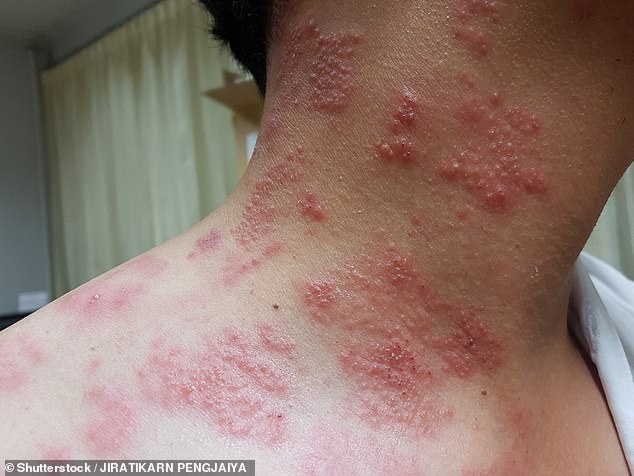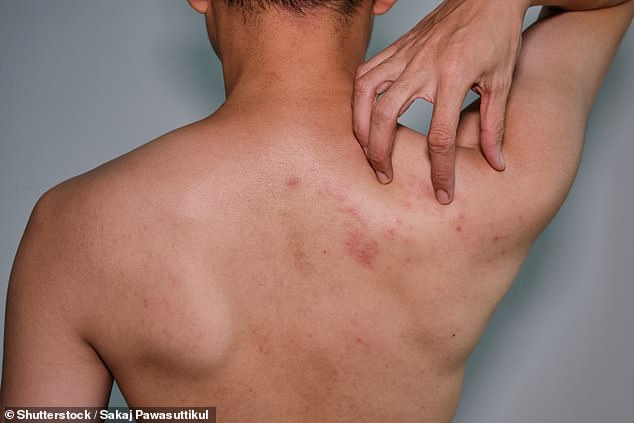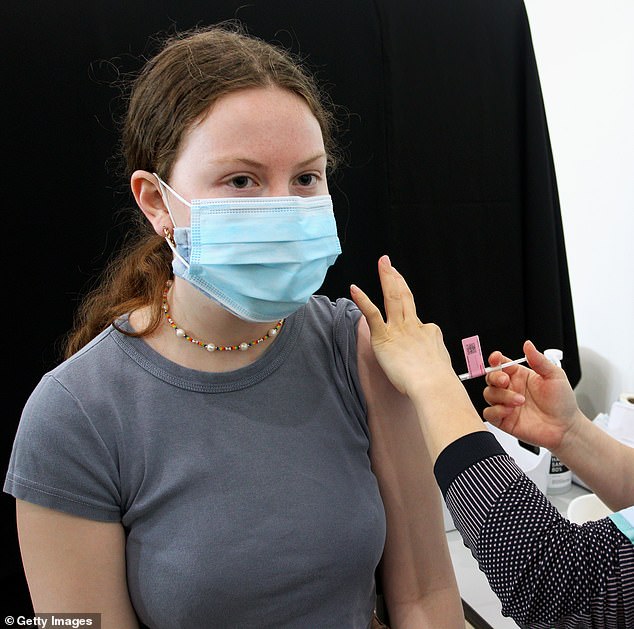Millions of Australians can get a free vaccine against the painful and debilitating shingles.
People classified as “moderate to high risk” between the ages of 18 and 64 now qualify for immunization.
Those eligible now include patients who have underlying health conditions, such as HIV or stage 5 kidney disease, or those receiving certain treatments.
Since 1 November last year, two doses of the vaccine have been free for those aged 65 and over and Indigenous Australians aged 50 and over under the National Immunisation Program.
An extension of the federal government’s initiative means that immunocompromised patients under 65 will no longer have to shell out $560 to receive the vaccine.
“Making the shingles vaccine free for more Australians is not only good for their pocketbooks, it’s good for their health too,” said federal Health Minister Mark Butler.
The new eligibility is the result of medical experts lobbying for change.
Shingles is caused by reactivation of the varicella zoster virus, which is the same childhood virus that causes chickenpox.
Australians aged 18-64 who are at moderate to high risk and have underlying health conditions can now receive the shingles vaccine for free (stock image of a young woman being vaccinated)

Shingles is a viral infection caused by the same virus responsible for chickenpox. Sufferers experience rashes or blisters that are painful and may itch (file image)
The viral infection is often painful and those affected are left covered in a rash of blisters that usually appears on one side of the body.
The rash may also be itchy.
Shingles can also be debilitating, as in addition to the sharp, stabbing pain, patients also have the potential to develop post-illness complications.
Most people who get shingles can expect symptoms to last two to three weeks.
But they may also experience nerve pain for months.
Nearly all adults over the age of 50 carry the dormant virus that can cause shingles, while one in three will develop the viral infection.
Immunocompromised people are twice as likely to develop the virus.
Professor Paul van Buynder from Griffith University’s School of Medicine said expanding eligibility for the Shingrix NIP vaccine was welcome news for Australians with other health conditions. Nine news reported.

Expansion to include younger and immunocompromised patients in the National Immunization Program for the shingles vaccine will help people save up to $560 (stock image of a shingles rash on a man’s back)
“Shingles can be a serious illness for adults who are considered highly immunosuppressed,” he said.
‘The shingles vaccine can help minimize the impact of this potentially debilitating disease and its complications, such as postherpetic neuralgia.’
Patients are urged to speak to their GP to check if they are eligible.
(tags to translate)dailymail

